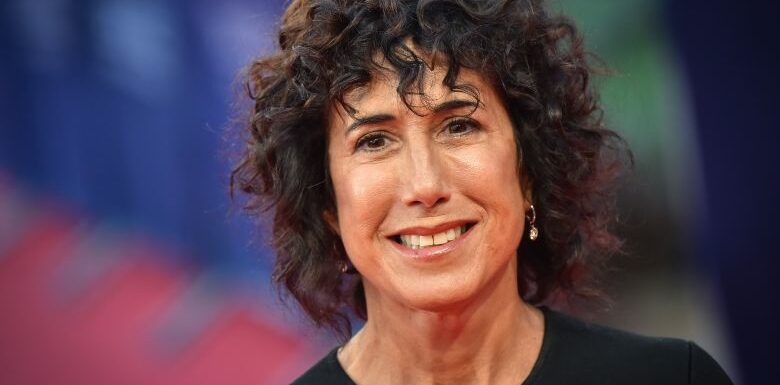
Jennifer Fox is naming the perpetuator behind her autobiographical Emmy-nominated film “The Tale.”
Writer-director Fox detailed her sexual abuse at age 13 when she was molested by a 40-year-old coach. Laura Dern portrayed adult Fox in the made-for-HBO film that showed both timelines of Fox enduring the abuse and later reflecting on it. Fox is now naming two-time Olympic medalist in rowing and nine-time Olympic coach Ted Nash as her assailant. Nash died in 2021.
“The adult part of me wants to move on, but that child in me, she wants to face him and get it over with and name him,” Fox told The New York Times. “There was a part of me saying, I will not let you rest until you name him.”
Fox recalled reading the “glowing, vomitous” obituaries about “how amazing this human being is” for Nash. “I was so angry,” she said, citing it as part of the reason for coming forward now.
Fox met Nash in 1973 when she was taking riding lessons from farm owner Susie Buchanan. According to Fox, Nash and Buchanan groomed her into performing sexual acts with them. Buchanan died in 2013. Fox had detailed her relationship with both Nash and Buchanan in a high school paper years later.
Nash used to coach girls and women in running, and co-founded the National Women’s Rowing Association while serving as an unofficial running coach at the Padukies Track Club in Philadelphia.
“He was a very esteemed, very talented manipulator and beloved and looked good and acted right and had all the right credentials,” Fox said.
She filed a nine-page complaint in fall 2022 against Nash with U.S. Rowing. The national federation, aided by the United States Olympic & Paralympic Committee, brought in law firm Shearman & Sterling to investigate. The investigation is ongoing.
U.S. Rowing chief executive Amanda Kraus said, “We’re not going to bury our heads in the sand because every time we do that, we are allowing more young people to get hurt in the future. So let’s talk about it. Let’s bring it to the surface. I’ll say this all the time, nothing is more important than the safety of young people.”
The U.S. Center for SafeSport declined jurisdiction over the case because Nash is dead, hence the rowing federation taking over. The New York Times reported, “While the federation does not have the power to strip him of his Olympic medals, she said, it can choose to treat his legacy differently in the future.”
Nash’s surviving first wife Aldina Nash-Hampe called the allegations “kind of a surprise” but added that “he seemed to have affairs with a lot of women, and that’s one of the reasons I left.” Nash-Hampe divorced Nash in 1972 after finding letters from the coach to “many, many women.”
“He’s got a big reputation for being a wonderful guy,” she said. “But he does have this history.”
Nash’s widow Jan Nash called it “just not fair” for Fox to name Nash after his death.
“Look, I didn’t know Ted at the time, so I can’t say anything about that time,” Jan said of the allegations. “[But] all Ted has done for women’s rowing, starting it, promoting women, helping women, all of these things that he’s done, is it all forgotten because one woman comes out with an allegation? It’s just not right that one woman can say something and all of the good he has done gets smeared.”
Fox previously told IndieWire in 2018 upon release of “The Tale” that the film was “never considered” to be a documentary instead of a dramatized piece “because nobody would talk. There was no evidence. Then the layer of trying to investigate what was in my mind — memory, and also when you can’t get an answer you’d go into fantasy to construct a story,” Fox said.
She concluded, “I think it’s very much why it took me until my mid-40s to even recognize what the story was, and I think what you’re seeing is a mature filmmmaker. I’ve been making films since I was 20 years old. My life is my work; [I’ve] used making stories about other people to investigate myself, to understand myself. In my 20s I could not have told this story. In my 20s, I tried to write this script, and I failed and threw it away. So it’s really about maturity and always being on a path of self-awareness. And frankly, I’ve done a lot of therapy — not for the film’s sake, but this is part of my life. I’m a Buddhist, and I meditate, and I’ve taught for years, and I’ve made films for years. All this goes toward some sort of self-reflection.”
Source: Read Full Article